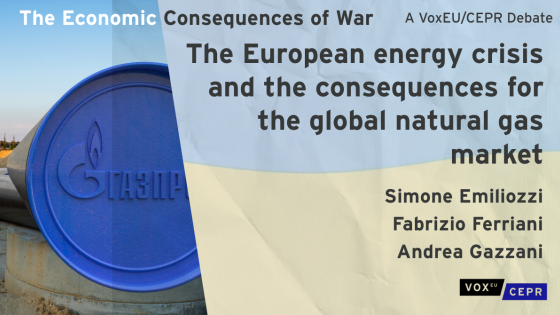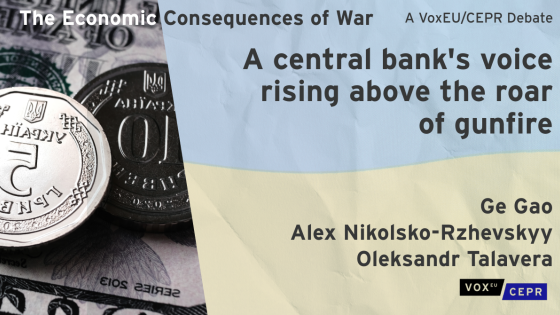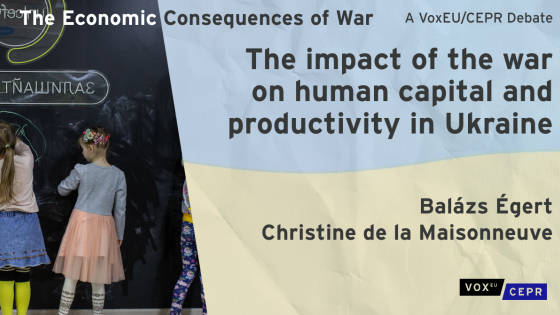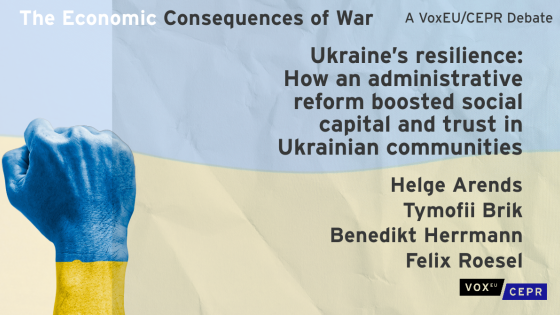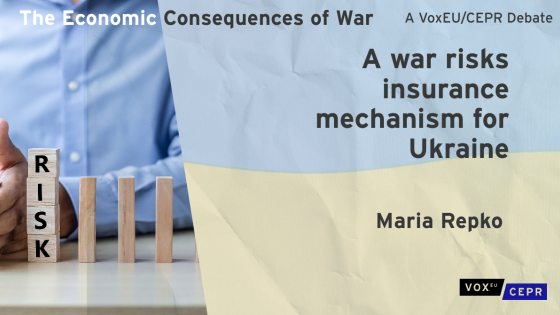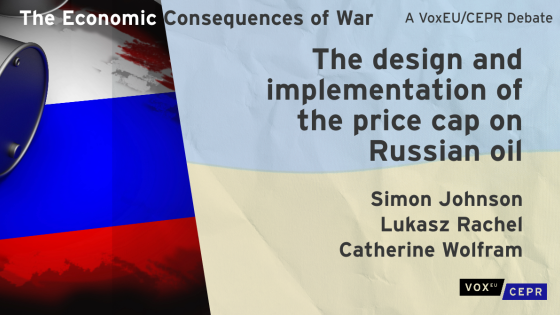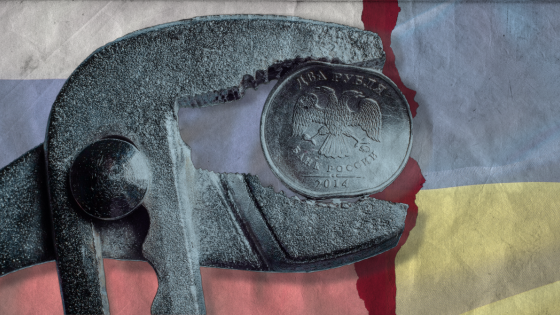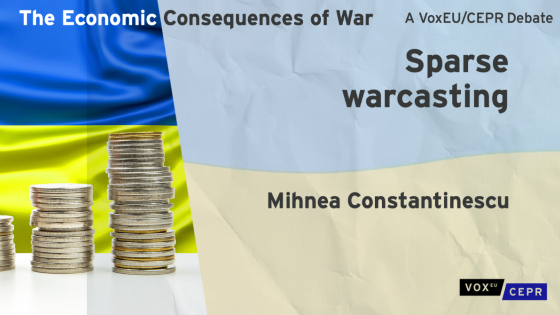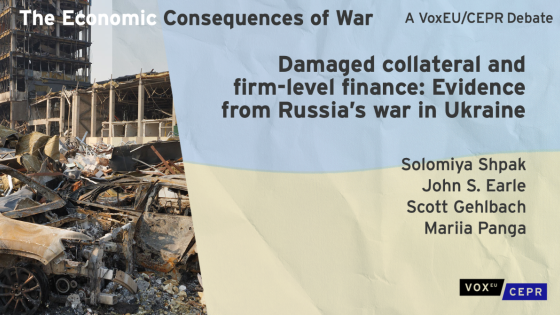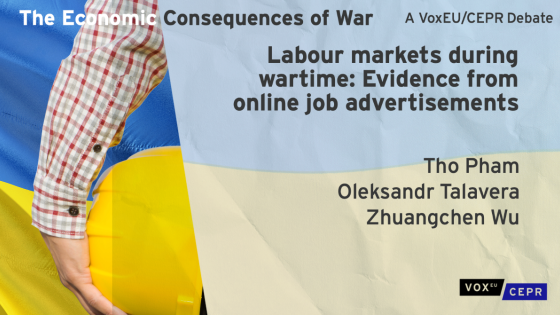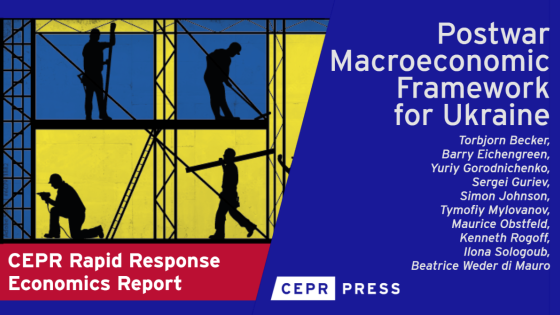

Search the site
We find ourselves faced with an unspeakable tragedy, a major war breaking out, and it takes place right in Europe. There are few certainties right now, but what is clear is that this war will have deep geopolitical and economic consequences which will be felt by all of us; the scars of this war will be deep and long lasting and they will infiltrate some of the foundations of the current world order.
In the face of tragedy, there is a role for science to play in understanding the economic consequences of what we witness and how to mitigate them. The purpose of this VoxEU debate page is to collect analytical contributions on the economic consequences of the War. As for all VoxEU columns, the contributions are analytical and evidence based.
The focus lies on a variety of dimensions linked to all fields of economics. First of all, there is a particular emphasis on major environmental consequences, such as the rethinking of energy policy and the acceleration of the transition towards green energy. This is also linked to issues of the resilience of global value chains in the face of war-induced deglobalization, as well as the global food production and markets that is hit hard by fighting in a major hub of worldwide grain production. Second, international economic consequences also encompass questions of financial (de)globalization, refugees and migration.
A third set of consequences of the war are rooted within political and public economics. In particular, European security and integration questions are at the forefront, as are issues linked to the impact of sanctions, and the fiscal costs and trade-offs. Fourth, macroeconomic effects of the war include shocks to reserve currencies and the international monetary system, as well as questions of inflation and monetary policy. Last but not least, the impacts of the war on education, health and human and social capital deserve a special emphasis.
